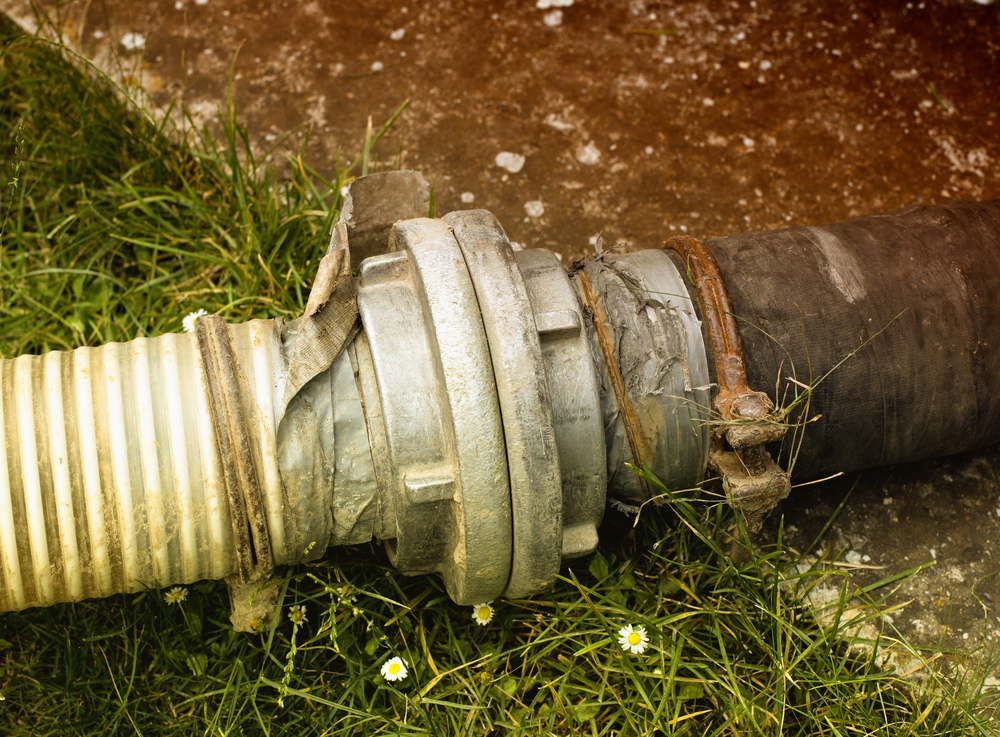
Preparing for Septic Pumping: A Homeowner’s Guide
Owning a home with a septic system comes with its own set of responsibilities, one of the most crucial being regular maintenance and occasional pumping of the septic tank. Proper care ensures the system operates efficiently and extends its lifespan, saving you from costly repairs and environmental hazards. Here’s a comprehensive guide to help homeowners prepare for septic tank pumping and maintain their septic systems effectively.
Signs Your Septic Tank Needs Pumping
Regular maintenance includes knowing when your septic tank needs pumping. Signs that it’s time include:
- Slow Drains: If sinks, showers, or toilets are draining slower than usual, it could indicate the tank is nearing capacity.
- Odors: Foul smells around the septic tank or drain field suggest a full tank or potential issues.
- Pooling Water: Puddles of water around the tank or drain field indicate a problem that needs attention.
How Often Should You Pump Your Septic Tank?
The frequency of pumping depends on several factors:
- Tank Size: Larger tanks generally require less frequent pumping.
- Household Size: More occupants mean more wastewater, requiring more frequent pumping.
- Water Usage: Excessive water usage can fill the tank faster.
- Septic System Age: Older systems may need more frequent pumping.
Typically, septic tanks should be pumped every 3 to 5 years, but a professional inspection can provide a more accurate schedule based on your specific circumstances.
Steps to Prepare for Septic Tank Pumping
Proper preparation ensures the pumping process goes smoothly and reduces potential issues:
1. Schedule a Professional Inspection
Before pumping, have a licensed septic tank professional inspect the system. They will assess the tank’s condition, measure the sludge and scum levels, and recommend if pumping is necessary. This inspection helps prevent unnecessary pumping and identifies any repairs needed.
2. Locate and Expose the Tank Access
Ensure the septic tank access ports are easily accessible. Clear any vegetation or debris covering them, and make sure the technician can reach them with pumping equipment. Clearing access ensures the job can be completed efficiently.
3. Clear the Area Around the Tank
Clear the area around the septic tank and drain field of any obstacles. Move vehicles, outdoor furniture, or any structures that could hinder the technician’s access. This step not only facilitates pumping but also ensures the safety of the technician.
4. Limit Water Usage
A few days before the scheduled pumping, reduce water usage as much as possible. This action helps prevent the tank from refilling quickly and gives the technician ample space to work without the system becoming overloaded.
5. Inform Household Members and Prepare for Disruptions
Let all household members know about the septic tank pumping schedule to avoid using water during the procedure. Disruptions may occur, such as temporary restrictions on water usage or access to certain areas. Plan accordingly to minimize inconvenience.
During and After Pumping
During the pumping process:
- Stay Clear: Keep children and pets away from the work area for their safety and to allow the technician to work undisturbed.
- Observe the Process: If possible, observe the pumping process to ensure it’s done thoroughly and all necessary steps are followed.
After pumping:
- Ask for Feedback: Request feedback from the technician about the condition of the tank and any recommendations for future maintenance.
- Record the Service: Keep a record of when the tank was pumped, by whom, and any observations made during the process. This record helps track maintenance schedules.
Homeowner’s Guide to Septic Tank Maintenance
Maintaining a healthy septic system involves more than just pumping. Here are additional tips to ensure your septic system operates efficiently:
Regular Inspections
Schedule regular inspections with a septic professional to catch potential issues early. Inspections should include checking for leaks, inspecting the drain field, and assessing overall system health.
Proper Waste Disposal
Avoid flushing non-biodegradable items, grease, chemicals, and excessive amounts of solids down drains or toilets. These can clog pipes and disrupt the natural breakdown of waste in the tank.
Water Conservation
Conserving water reduces the load on your septic system. Fix leaks promptly, use water-efficient fixtures, and spread out water usage throughout the day.
Maintain Drainage
Ensure gutters, sump pumps, and other drainage systems divert water away from the drain field. Excess water can saturate the soil and hinder proper effluent absorption.
Use Septic-Safe Products
Choose household products labeled as septic-safe. Harsh chemicals can disrupt the bacterial balance in the tank, leading to system failures.
Landscaping Considerations
Avoid planting trees or shrubs near the septic system to prevent roots from damaging pipes or the tank itself. Roots seeking moisture and nutrients can infiltrate the system.
Conclusion
Properly preparing for septic tank pumping and following a regular maintenance schedule is essential for every homeowner with a septic system. By understanding the signs that indicate pumping is necessary and taking proactive steps to prepare for the process, you can ensure your septic system operates efficiently and prolong its lifespan. Regular inspections, responsible water usage, and careful waste disposal further contribute to a healthy septic system, protecting your home and the environment for years to come.
Need Mobile RV Pumping in El Centro, CA?
Welcome to Sharps Sanitation! Sharps Sanitation has been in business since 1964, serving El Centro, California and the surrounding areas for over 50 years. We specialize in portable toilet rentals for any occasion, septic tank pumping, RV tank pumping, and portable toilet pumping. With more than 40 years of experience in the industry, Sharps Sanitation is a company that you can trust to get the job done right. We pride ourselves on our competitive pricing and being on time every time. We are family owned and operated and have been since the day we started. We are your one-stop shop for all of your portable toilet and septic needs. Give us a call today!
Categorised in: Septic Pumping